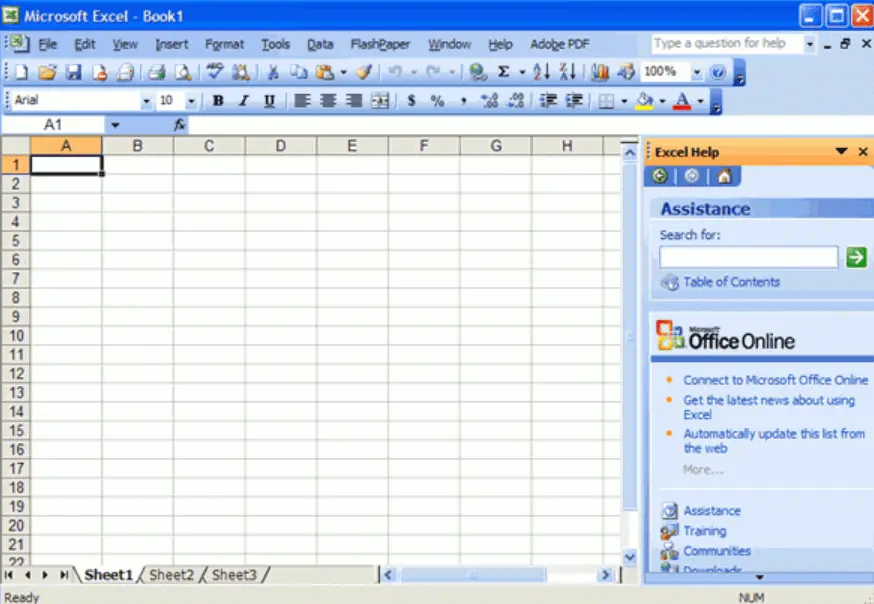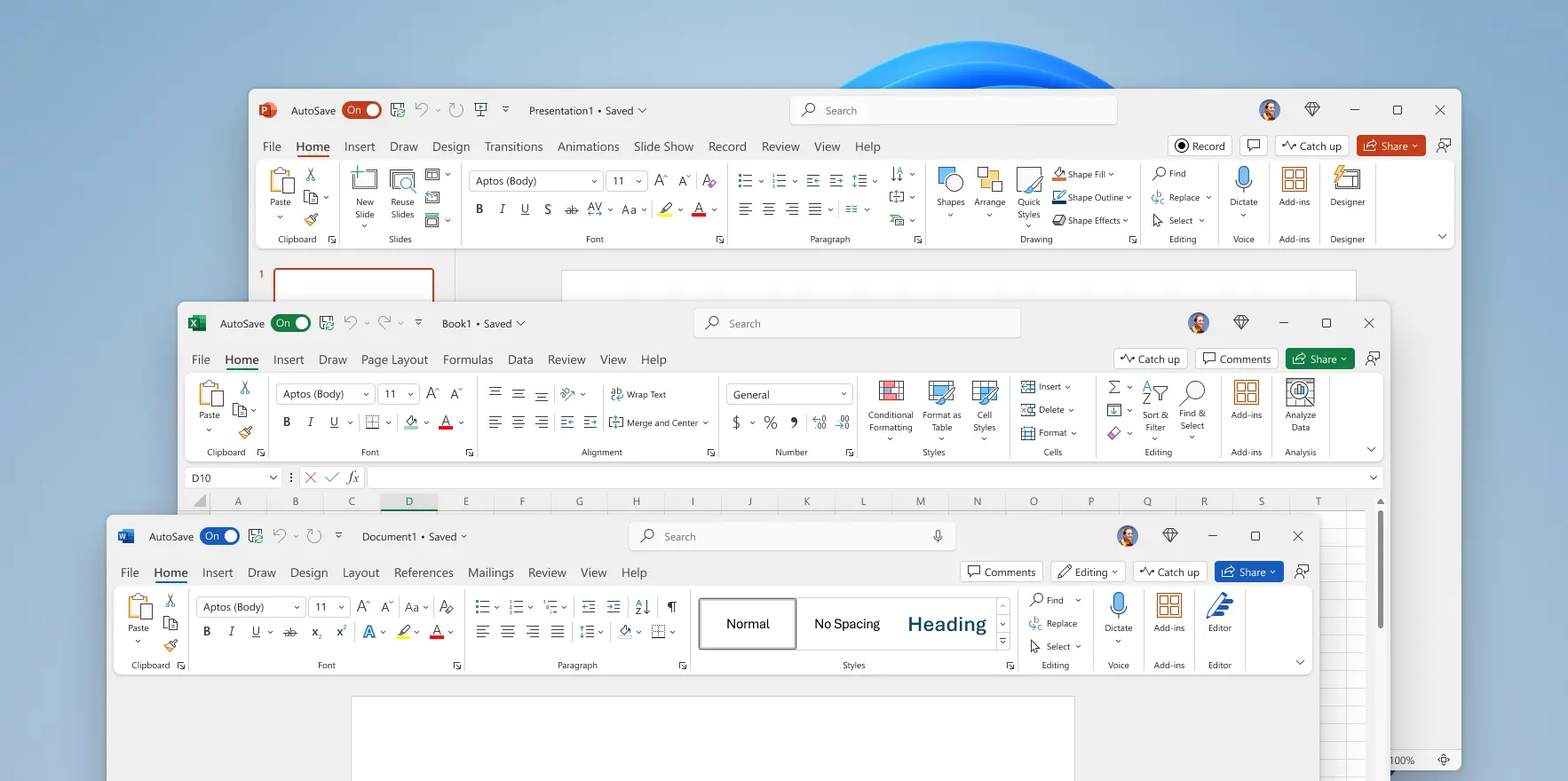this post was submitted on 19 Sep 2024
262 points (83.6% liked)
Technology
59709 readers
1839 users here now
This is a most excellent place for technology news and articles.
Our Rules
- Follow the lemmy.world rules.
- Only tech related content.
- Be excellent to each another!
- Mod approved content bots can post up to 10 articles per day.
- Threads asking for personal tech support may be deleted.
- Politics threads may be removed.
- No memes allowed as posts, OK to post as comments.
- Only approved bots from the list below, to ask if your bot can be added please contact us.
- Check for duplicates before posting, duplicates may be removed
Approved Bots
founded 1 year ago
MODERATORS
you are viewing a single comment's thread
view the rest of the comments
view the rest of the comments


Flat design may be less distracting to you but that also means it's less clear, because there are fewer obvious demarcation.
I despise flat design, it's downright awful design, and done for looks rather than functionality.
Even saying it's "less distractive" supports this.
Microsoft also did this to obfuscate features, which is pretty apparent when you consider new users used to "discover" features via the menu system. I supported Office for MS in the early days, and this was a huge thing at the time. It was discussed heavily when training on new versions.
to you
Flat design dominates for a reason—the less visually busy something is, the easier it is for users to wrap their heads around it. This gets proven again and again in user studies, the more busy and dense you make things, the more users miss stuff and get lost.
People's opinions on the ribbon specifically are obviously all subjective, but I would say the less distracting design would be the one done less for looks, rather it's a pretty utilitarian design if you pick it apart. This is an interface for productivity tools, and as such the interface should get out of your way until you need it—the ribbon just does that better IMO.
Why on earth would Microsoft want to obfuscate features? There's no way that motivation would ever make sense.
IIRC one of the main reasons Microsoft introduced the ribbon was that grouping functionality contextually helped users discover features, because people kept requesting features that already existed, but they just couldn't find. I remember there being a blog on the Microsoft developer site about the making of it that went into this.
All that usability testing that Microsoft did is a big part of the problem. Instead of the functionality of functionality being organized under menus by function ….
They made “typical” functions more accessible to “typical” users, but I’m not typical; most people don’t match that average profile. Anyone who uses Office at all frequently are not average users. Anyone who frequently needs a particular functionality are not average users
Instead of being organized under menus by name, it's now organized under ribbon tabs by icon, visual grouping, and sometimes also name. It's no less organized lol
Granted the icons are getting better over time, but all too often I’m still looking for the name to figure out what that mysterious icon is. Now I need to adjust the screen size so more names appear so I can figure out what to click. Wouldn’t it be nice if the names were all visible at a click, organized hierarchically?
Why wait for a click? Each ribbon tab has submenus with their contents already visible (no necessary click --> hover/click --> hover in submenu without letting your mouse leave for even 1 pixel) and the state of each option represented in whatever way is most convenient (button, toggle, dropdown, etc.). A menu doesn't show all options in one category at once, doesn't fully show their state, and closes itself every time you mess up a mouse movement if it's programmed badly. The lack of names can be bad, but the learning curve for identifying options (hovering and seeing the name) isn't worse than it is for finding options in a menu (searching every menu until you find the right option).
How many UI/UX usability studies have you done yourself. Links to results.
Since when is it not okay to have an opinion on how you'd like your computer to work? You're saying it as if usability was an objective truth, not a preference of majority of users. People are different, everyone is talking about neurodiversity, and you're saying that loving lowest common denominator UIs are the only acceptable opinion in the light of objective facts.
lol